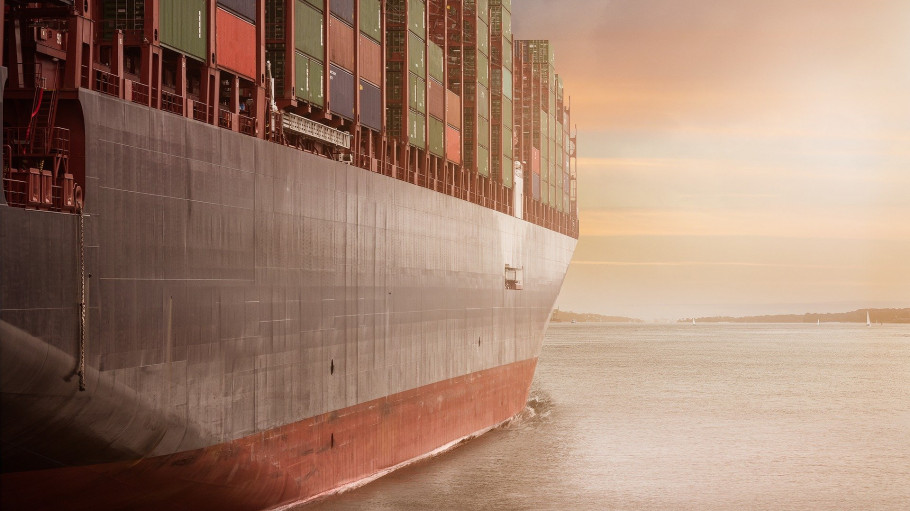

International trade is essential for the European economy, and steel products are among the most intensively traded products in the world. Around a quarter of the 160 million tonnes of steel used in the EU every year is imported - and the EU is also a major steel exporter.
Trade policy issues are of central importance to EUROFER, because free and fair international trade conditions are the basis for the stability of the EU steel market. EUROFER welcomes free trade agreements that open up mutually accessible markets between trade partners and ensures fair access to public procurement tenders.
In particular, EUROFER monitors - on an ongoing basis - trade flows to ensure that imports into the EU are coming on a fair basis and are not dumped, produced using unfair subsidies or circumventing existing trade defence measures.
Brussels, 11 February 2026 - The European Steel Association (EUROFER) has backed a call to action adopted by European companies and industries in Antwerp today, which includes a demand on the EU to take urgent action to bring electricity prices down as a condition for Europe’s industrial drive, competitiveness and economic resilience.
EUROFER wishes to comment and clarify on the concerns expressed in the above-mentioned statement:
Brussels, 27 November 2025 - The European ceramic, aluminium, ferro-alloys and steel industries express their deep concern about the potential impact of the EU-India FTA on strategic European industries if a sector-specific approach is not adopted and our sectors’ challenges are not duly considered.